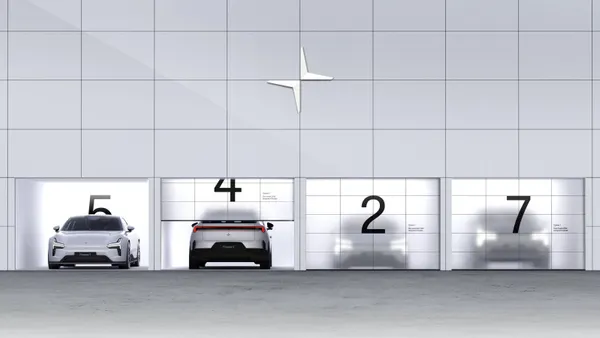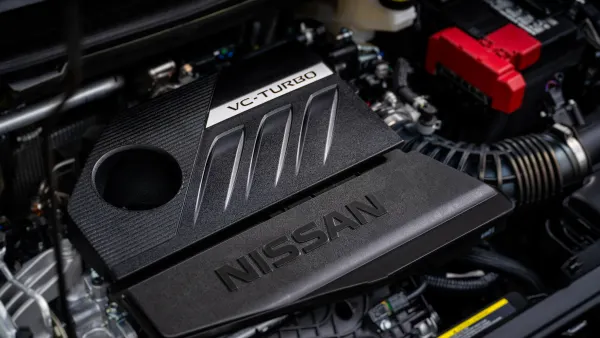Editor's note: This story is part of the WardsAuto digital archive, which may include content that was first published in print, or in different web layouts.
The GM Korea workers union continues to turn up the heat on management Tuesday, holding its third day of partial strikes launched July 4 at all four plants.
Instead of striking only on July 4 as had been originally announced, the union also held partial walkouts July 5. They also refused to work the weekend shifts and declined overtime.
The three days of work stoppages caused 104 hours of overall production-time losses. The four plants’ combined average output is 180 builds per hour, so the production loss through Tuesday totaled about 18,720 vehicles.
That does not take into account the production losses caused by the union’s refusal to work weekends or weekday overtime.
On July 4 employees put down their tools for three hours on each of the two shifts at the four production plants, for a total work stoppage of six hours per plant, or 24 hours overall.
On July 5, they upped the tempo and struck for four hours on the day shifts and six hours on the afternoon shifts. That was a total of 10 hours of lost production per plant, or 40 hours overall.
Following a 2-hour bargaining session with management Tuesday, workers struck for four hours on day shifts and six hours on afternoon shifts, again cutting overall production time for the four plants by 40 hours.
A source reports no progress was made in the Tuesday session, though management made a plea for both sides to work together to settle their differences.
Korea Metal Workers Union GM Korea Branch spokesman Choi Jong-hak tells WardsAuto through an interpreter: “Wages are a side issue. We have many more items to discuss that bear on future production plans.
“The two sides probably could have reached an agreement if the wage increase was the only issue in our negotiations," he notes. “We want to get confirmation from management about plans for the release of new models that will guarantee the sustainability of the company and continued employment for our workers.”
Another source says management insists on keeping negotiations focused only on wages and will not discuss product planning in any detail.
“There has been absolutely no movement on this through 19 negotiation meetings,” the source says. “Things remain unchanged. We have agreed on nothing.”
GM Korea president and CEO Sergio Rocha was present at Tuesday’s meeting, along with many other executives. Each side has 20 representatives participating in the bargaining sessions.
Analysts expect the partial strikes to continue, although many were taken by surprise that three of the walkouts came in such quick succession.
The union’s “struggle committee” met after Tuesday’s bargaining session to decide when to call the next strike, a source confirms.
The refusal to work last weekend resulted in production-time losses of 16 hours each at the Changwon plant and the two plants at Bupyeong, for a total of 48 hours.
The refusal to work weekday overtime cost the Changwon plant two hours of lost output per shift last week. Production losses from not working weekday overtime totaled 20 hours.
The production loss caused by the refusal of weekday overtime at the two Bupyeong plants is not clear, as overtime differs day to day and week to week with fluctuating vehicle demand. However, sources say, it is not uncommon to work two hours of overtime on both shifts at both plants.
The Gunsan plant, which produces the Chevrolet Cruze and Orlando, has not scheduled weekend work or weekday overtime for several months.









